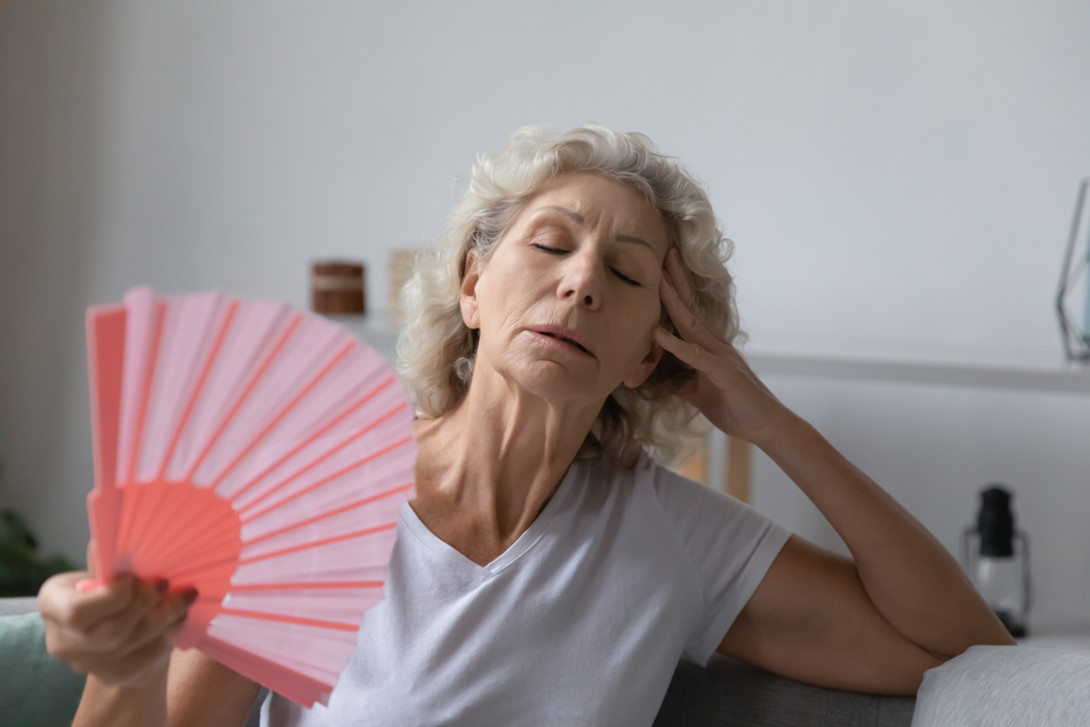Even though we’re at the tail end of summer, it’s still a good idea to be aware of the dangerous risks and signs of heat illness. Let’s take a closer look at what heat illness is, how it may impact your heart health, and what you can do to prevent it.
What is Heat Illness?
Hyperthermia, or heat-related illness, includes various conditions ranging in severity, such as heat stroke, heat exhaustion, heat cramps, and heat rash, as explained by the Cleveland Clinic. These can occur when you have an abnormally high body temperature, with possible symptoms and health risks including:
- Bumpy, itchy skin
- Muscle cramps
- Dizziness
- Nausea
- Vomiting
- Headaches
- Confusion
- Slurred speech
- Death
Normally, your body has natural defenses to help itself cool down in hot weather, like through sweating. However, there are certain conditions where the temperature is too hot or it’s too humid to allow your body to cool down properly.
Those who are particularly at risk of heat-related illnesses are children, older adults, outside workers, and people with disabilities, according to the Centers for Disease Control and Prevention (CDC). Risks are also heightened for people in a home that has little or no air conditioning, on construction sites, and in parked cars. In addition, taking certain medications, like diuretics, can also pose a higher risk of heat illness.
How Does Heat Illness Impact Heart Health?
People’s bodies respond differently to heat based on factors like age, medications, and physical activity levels, among others. According to Harvard Health Publishing, these variations can place additional stress on the heart, increasing the risk of heart attacks, arrhythmias, and heart failure in hot conditions.
In fact, the Environmental Protection Agency states that the relationship between high heat and cardiovascular disease leads to roughly 25% of all heat-related deaths. Thus, knowing how to protect yourself and your heart in extreme heat can help you avoid serious health risks.
Tips to Stay Cool and Avoid Heat Illness
Heat-related injuries and fatalities are preventable. Here are some of the recommended tips to stay safe in the heat:
Wear Proper Clothing
During a heat wave, wearing the right clothing can help you stay cool. This includes wearing lightweight, loose-fitting clothing in breathable fabrics like cotton or linen. Keep in mind that light-colored clothing will help reflect sunlight and offer extra protection compared to darker shades that absorb heat.
Stay Hydrated
The CDC states, “Drinking enough fluids is one of the most important things you can do to prevent heat illness.” Water is recommended for optimal hydration, while experts suggest avoiding energy drinks and alcohol, which can actually increase the risk of heat illness.
For those working outdoors, the CDC recommends drinking one cup of water every 15 to 20 minutes. However, they caution against drinking more than 48 ounces in one hour, which can dilute the concentration of salt in the blood and create additional medical risks.
Remain Indoors
If possible, stay indoors in an air-conditioned space during extremely hot weather. If you’re struggling to stay cool, take a cold shower to help keep your body from overheating. In addition, if your home does not have air conditioning, it can be helpful to visit a public space like a mall or a library to allow your body to cool down for a few hours.

